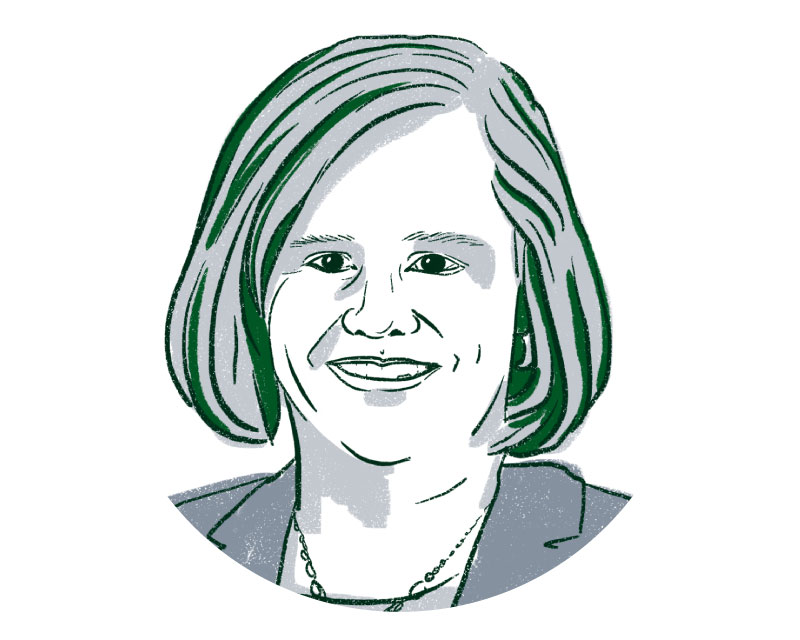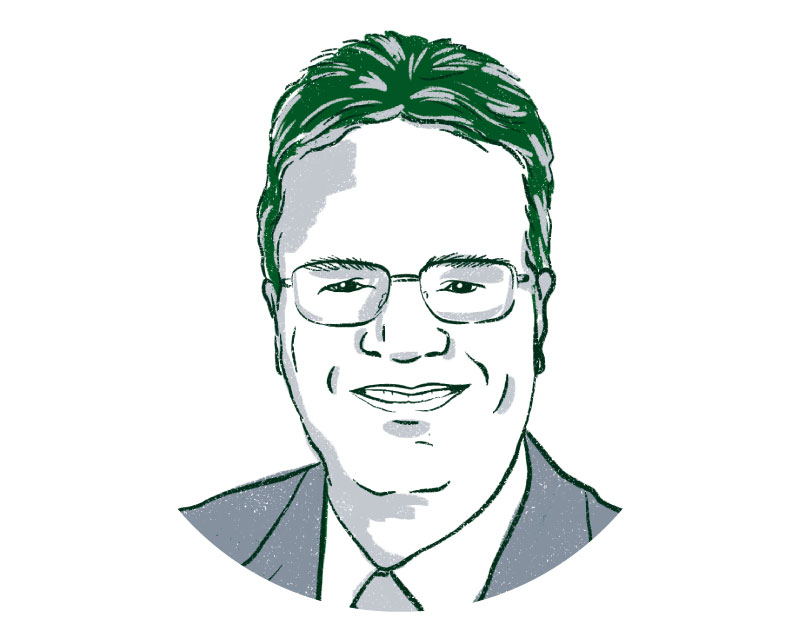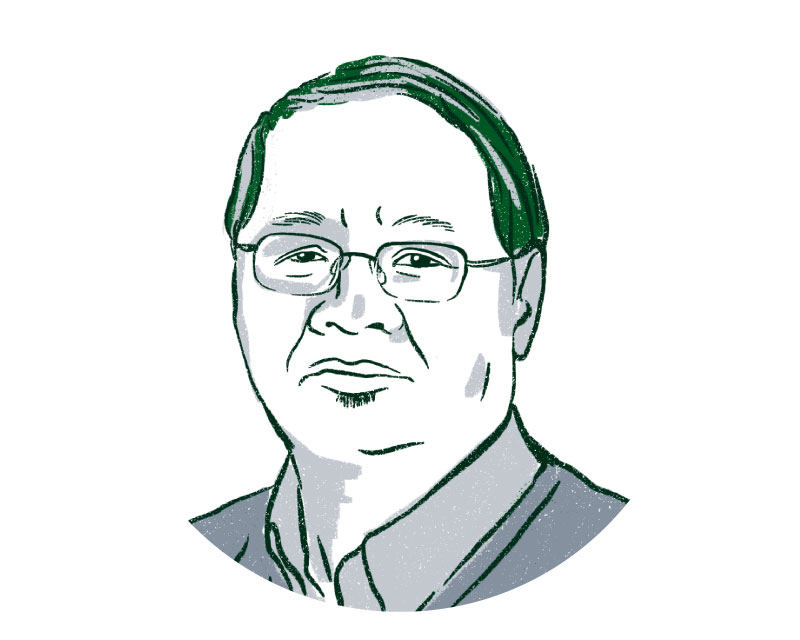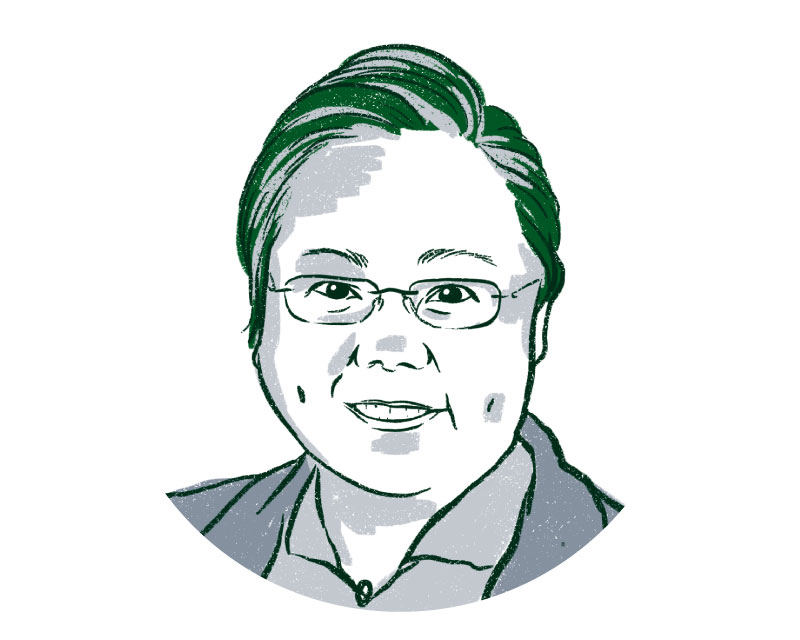Each issue, we introduce you to several of the exceptional new faculty that have joined the Heersink School of Medicine. These outstanding recruits—just a few of the many new faces we welcome to our faculty each year—bring with them a wealth of expertise, impressive research portfolios, and a commitment to excellence in shaping the future of medicine and health care.
Jerri Edwards, Ph.D.
 Jerri Edwards, Ph.D.
Jerri Edwards, Ph.D.
The UAB Department of Psychiatry and Behavioral Neurobiology welcomed Jerri Edwards, Ph.D., as a professor in January 2024. She also holds the Heersink Endowed Chair in Mental Health Research. Edwards earned a bachelor's degree in Psychology from Anderson University and later pursued a master's in Experimental Psychology at Western Kentucky University. She earned her Ph.D. in Developmental Psychology at UAB and completed a postdoctoral fellowship at the UAB Center for Research on Applied Gerontology.
“My primary area of expertise is cognitive training with broader interests in behavioral interventions that help reduce the risk of cognitive impairment and dementia, such as Alzheimer’s disease. My research focuses on maintaining quality of life and everyday function for individuals as they age,” Edwards shared.
Edwards returned to UAB after 24 years working as a professor at other institutions. She currently serves as the principal investigator for a five-year, randomized controlled clinical trial, “ACTIVE MIND: An adaptive clinical trial of cognitive training to improve function and delay dementia.”
The Active Mind study examines whether computerized brain training can reduce risk of dementia such as Alzheimer’s disease. Dementia prevention research takes on increased urgency as no proven treatments exist to cure Alzheimer’s disease, the most common form of dementia, which affects more than 5 million Americans.
 John Engelhardt, Ph.D.
John Engelhardt, Ph.D.
John Engelhardt, Ph.D.
John Engelhardt, Ph.D., joined the Heersink School of Medicine in May 2025 as a UAB Presidential Faculty Scholar, a designation for faculty whose research programs align with UAB’s Research Strategic Initiative. He joined the UAB Division of Pulmonary, Allergy and Critical Care Medicine, Department of Medicine as a professor.
Engelhardt received his Bachelor of Science in Biochemistry from Iowa State University and Ph.D. in Human Genetics from Johns Hopkins University. He completed postdoctoral work at the University of Michigan before joining the faculty at the University of Pennsylvania. He has been a faculty member of the University of Iowa Department of Anatomy and Cell Biology since 1997 and served as chair from 2004-2024. He also served as director of the University of Iowa Center for Gene Therapy for the past 25 years.
Ranked among the world’s leading cystic fibrosis researchers, Engelhardt’s research focuses on the molecular basis of CF disease pathologies and the development of gene therapies for the disorder. His work spans four major research areas: lung molecular and cellular biology as it relates to the pathogenesis and treatment of CF; the development of viral vector for gene therapy and gene editing; pathogenesis of CF-related diabetes; and the study of airway stem cell niches, the regulatory mechanisms that control stem cell proliferation and repair in the airway, and using stem cells to develop cell-based therapies for CF. Engelhardt has published 304 manuscripts in peer reviewed journals.
 Zhi-Ren Liu, Ph.D.
Zhi-Ren Liu, Ph.D.
Zhi-Ren Liu, Ph.D., and Jenny Yang, Ph.D.
The UAB Division of Hematology and Oncology, Department of Medicine, welcomes husband-and-wife researchers Zhi-Ren Liu, Ph.D., who joined UAB January 1, 2025, and Jenny Yang, Ph.D., as professors.
Liu is an acclaimed cancer biologist whose work is focused on understanding the role of the tumor microenvironment on cancer progression and immunity. He formerly served as a Distinguished University Professor and Georgia Cancer Coalition Distinguished Cancer Scholar in the Department of Biology at Georgia State University.
Liu’s research lab is focused on the development of a rationally designed protein drug—meaning it is designed to bind to a specific protein to treat a disease—called ProAgio as a treatment for pancreatic, breast, lung, and colon cancer. His team is extensively involved in collaborations in both basic and clinical studies of ProAgio in cancer treatment and in understanding the mechanism of drug action in patient tumors. Due to the unique mechanism of drug action of ProAgio, Liu is also interested in extending the cancer treatment application of the drug to be used in combination with radiotherapies at UAB.
The novel drug mechanism of ProAgio also provides excellent opportunity as a drug in treatment of chronic liver diseases, such as non-alcoholic steatohepatitis, autoimmune hepatitis, and primary biliary cholangitis. Liu said he looks forward to strong collaboration efforts with UAB gastroenterologists and hepatologists in both pre-clinical and clinical studies of ProAgio.
 Jenny Yang, Ph.D.
Jenny Yang, Ph.D.
Yang is a trailblazing protein chemist whose work holds tremendous potential to advance medical imaging, improving early disease detection, diagnostic evaluation, and image-guided intervention. A Permanent Regents’ Professor and Distinguished University Scholar in the Department of Chemistry at Georgia State University, Yang is a fellow of the National Academy of Inventors, director of the Advanced Translational Imaging Facility and associate director of the Center for Diagnostics and Therapeutics at Georgia State University, and a founder and president of InLighta Biosciences.
Yang’s current work involves expanding the development of targeted contrast agents, calcium sensors, and therapeutics for clinical applications of human diseases. With UAB and other centers, she plans to lead large grant applications directed at clinical trials for early detection of liver cancer, pancreatic cancer, lung cancer, colorectal cancer, prostate cancer, breast and liver metastasis, and liver, lung, cardiac, and kidney fibrosis. She will also develop PET imaging agents and theranostic agents for chronic diseases and image guided intervention.